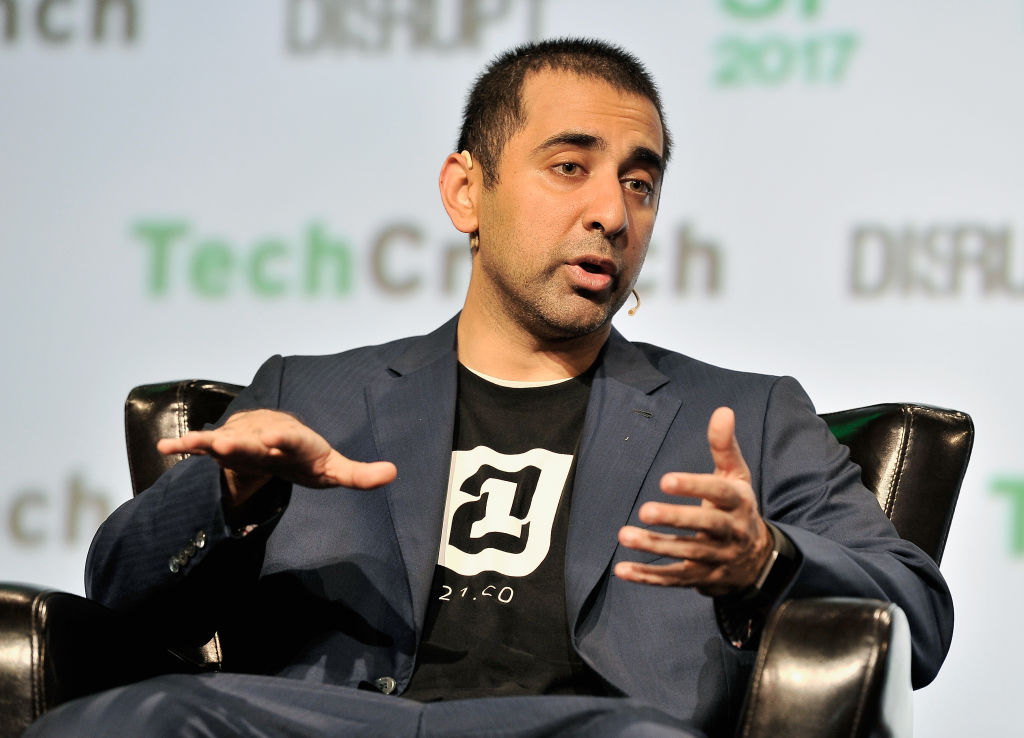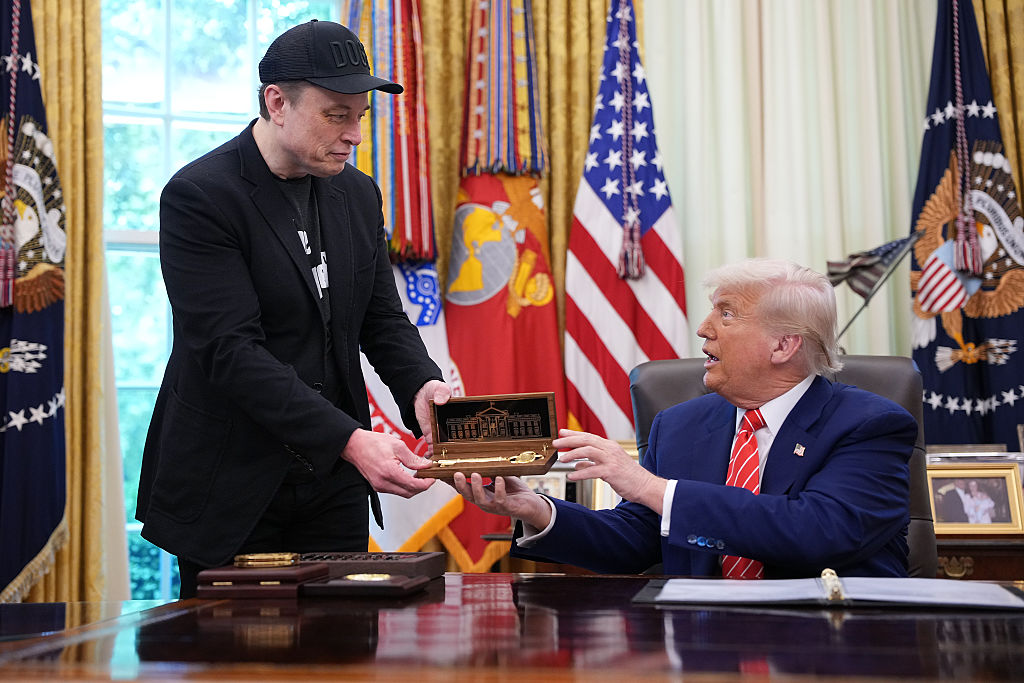The Western COVID-19 crisis started with another skirmish in the Nerd-Hack war and the conflict has continued. Back in February, Vox published a rather snide piece about how Silicon Valley weirdos were not shaking hands for fear of picking up and passing on coronavirus. Balaji Srinivasan, a noted angel investor and entrepreneur, hit back with a detailed critique of the piece. The reader can decide for themselves who was more prescient, though I will pose one question — when did you last shake someone’s hand?Nerd-Hack conflict has boiled up again this week. Marc Andreessen, the co-author of Mosaic, the granddaddy of web browsers, published a rousing call to build. ‘Our nation and our civilization,’ Andreessen writes:‘…were built on production, on building. Our forefathers and foremothers built roads and trains, farms and factories, then the computer, the microchip, the smartphone, and uncounted thousands of other things that we now take for granted, that are all around us, that define our lives and provide for our wellbeing. There is only one way to honor their legacy and to create the future we want for our own children and grandchildren, and that’s to build.’This pioneering spirit reflects the work of Peter Thiel, the co-founder of PayPal, who in a recent review of Ross Douthat’s book The Decadent Society denounced ‘a dissipation of creative energy, a jaded will merely to muddle through’.Hacks were cynical. Kevin Roose of the New York Times sneered:‘I’d find the “let’s build more critical infrastructure” takes more persuasive if they came from people who didn’t spend the last decade funding photo-sharing apps and $700 juice machines.’This seemed rather childish. San Francisco might heave with stupid ideas for meal replacement drinks and dating apps but would our economies exist in 2020 without Skype and Zoom? Nerds took this as something more than childish. It was a salvo in a long and bloody war. Paul Graham, who co-founded the start-up accelerator Y Combinator, accused Roose of ignorance about technology and suggested that journalists are ‘driven by clicks’. Balaji Srinivasan, meanwhile, was exchanging blows with a BuzzFeed columnist who had called his record into question. ‘I co-founded a clinical genomics company that sold for $375 million,’ he scoffed, ‘you work at BuzzFeed.’Readers might not have heard of the Nerd-Hack War, but it exists. Consider the time when Paul Graham banned links to the Gawker Media technology gossip blog Valleywag from the Y Combinator-hosted website Hacker News. Graham dismissed Valleywag as ‘deliberate linkbait’. Peter Thiel took a more aggressive approach to Gawker Media. Taking brutal payback over a 2007 Gawker article about his homosexuality, Thiel funded several lawsuits, including that of Hulk Hogan over Gawker publishing his sex tape, which bankrupted the company.Of course, the Nerd-Hack War does not pit all techies against all journalists. But there are significant tendencies in the media that charge Silicon Valley with being powerful, too elitist, too alienated from the ordinary world and too white and male. (This year, Charlie Warzel of the New York Times suggested that the Silicon Valley workforce is ‘overwhelmingly white’. In fact, the workforce is disproportionately Asian American but progressive journalists always struggle to account for the existence of minority success.) Significant tendencies in Big Tech, meanwhile, see the media as too mean, too petty, too intrusive, too censorious and too destructive.
***
Get three months’ free access to The Spectator USA website —
then just $3.99/month. Subscribe here
***
There is certainly an element of jealousy and spite behind the attitude that some hacks take towards Big Tech. Valley insiders have been sharing a section of an interview in which Roose gripes about successful writers being paid less than middling tech employees. I wish I was paid as much as a Google programmer as well but somehow there is more money in software that is used by billions around the world than in cynical opinion commentary (a grave injustice, I know). Doubtless, there is also some extent to which the media resents Big Tech for making it so easy to access information without paying for it. It would be a little strange for journalists to cheer their own gravediggers.But there is a foundational factor as well. Journalists exist to criticize, to question and to deconstruct. They are more in the demolition than the building trade. At its worst this means that you can find hacks who have only ever built something out of Lego carping about the gender dynamics of the boardrooms of companies that have changed people’s lives across the world. It is much easier, after all, to take a sledgehammer to someone’s building than to build something yourself.I will defend a place for journalists though, at least in theory. First, building a successful institution does not always mean building a valuable product. Elizabeth Holmes built something; it was just based on fraud. Also, a successful product in financial terms is not always a valuable product for society. Fabian Thylmann built something. He took Mindgeek from being a tiny online business to being an enormous company which makes almost $500 million a year. Unfortunately, this company exists to host and promote hardcore pornography. Building something is not always equivalent to building something either useful or beautiful.Of course, there are acres of opinions that could be farmed related to both industries. Still, I wanted to suggest that in the Nerd-Hack War, we should be careful not to take sides in an emotional, tribal sense. Hacks can be snide and destructive, but if a vandal paints his ugly, artless tag on the side of a building, that does not mean the building is well-designed. Big Tech is often deserving of scrutiny and criticism. Hacks should avoid dragging people down unnecessarily, but nerds should avoid hubris and reductionism. Of course, this stab at centrism does not mean I am not gazing across the divide between nerds and hacks and screaming, ‘let them fight!’ It is entertaining at least.

























